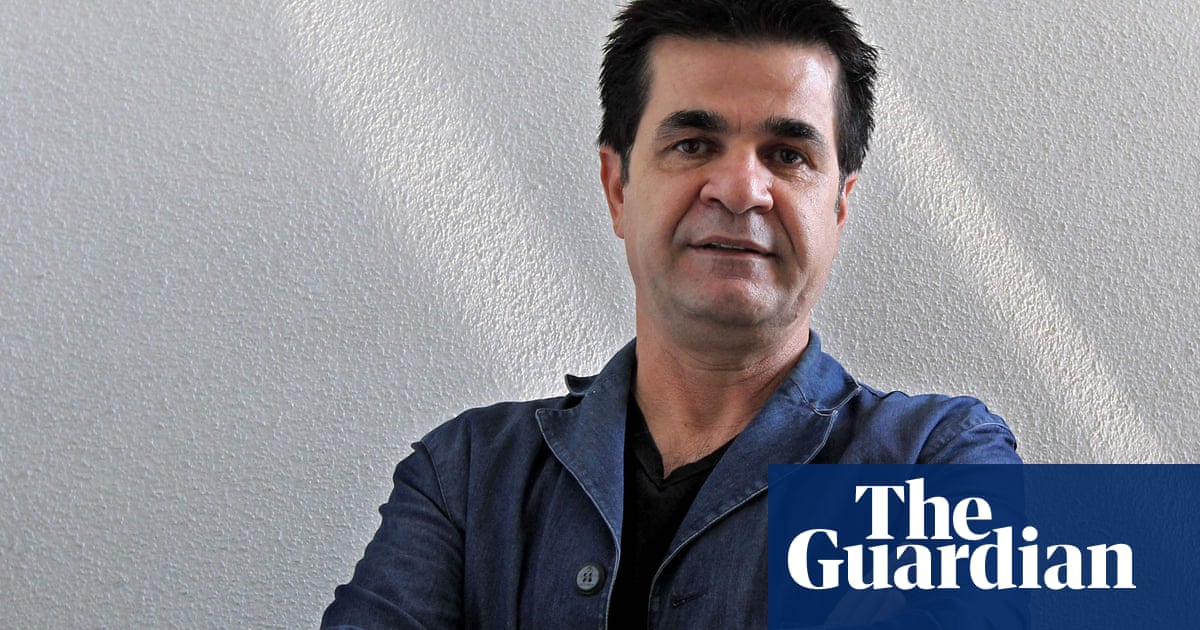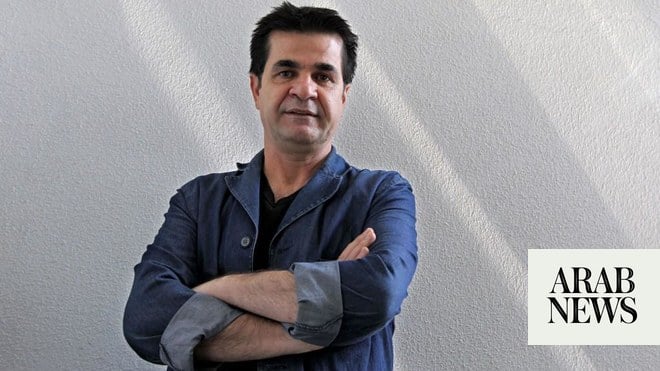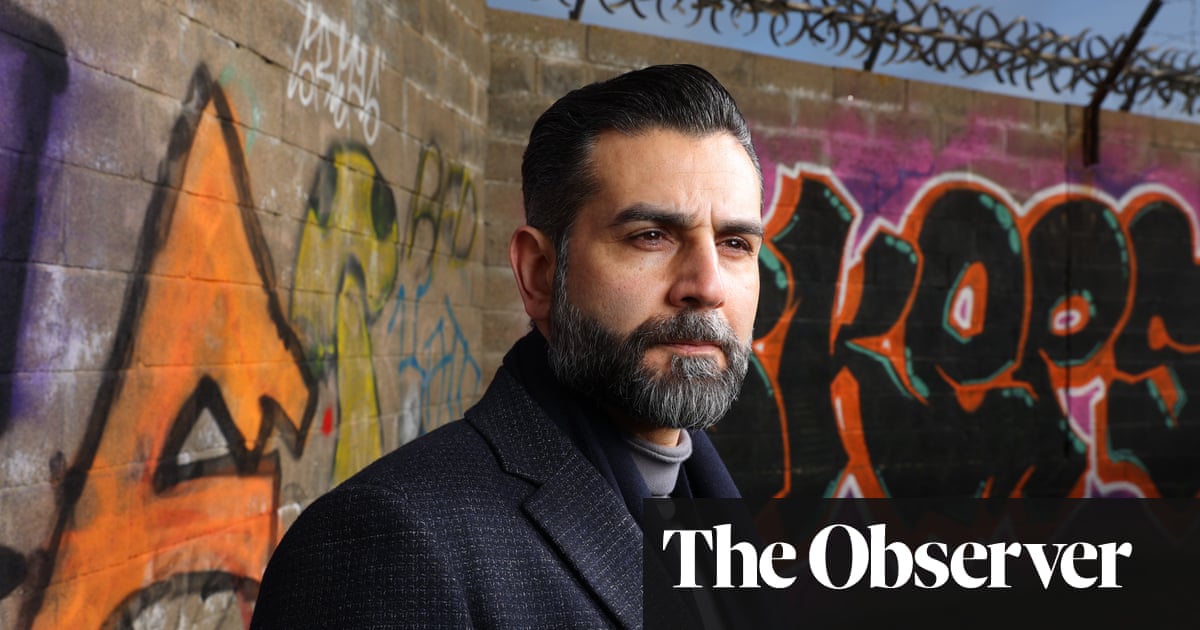
Iran’s judiciary is to rule on whether to release the film-maker Jafar Panahi on bail after his conviction was overturned by the supreme court, his lawyer said.
Panahi, 62, who has won a number of awards at European film festivals, was arrested on 11 July last year and sent to jail to serve a six-year sentence which had been handed down in 2010 for “propaganda against the system”. He served two months at the time before being granted a conditional release. He was also barred from leaving Iran and making films, and was largely confined to his home until his arrest in July.
But on 15 October the supreme court quashed the conviction and ordered a retrial.
“Early this morning, judicial officials told me that they will make a decision about Panahi by the end of the week,” his lawyer, Saleh Nikbakht, said on Saturday.
“Panahi’s case had remained blocked in the courts since mid-October, but it was finally sent to the court of appeal on Monday to launch the legal proceedings.
“By law, he should immediately be released on bail and his case reviewed again.”
Panahi won a Golden Lion at the Venice film festival in 2000 for his film The Circle. In 2015, he won the Golden Bear at Berlin for Taxi Tehran, and in 2018 won the best screenplay prize at Cannes for Three Faces.
Panahi’s conviction followed his support for mass protests in 2009 against the disputed results of that year’s presidential election, in which the populist leader Mahmoud Ahmadinejad won a second term.
As well as the six-year jail term, the court sentenced Panahi to a 20-year ban from directing or writing films, travelling or speaking to the media. However, he has continued to live and work in Iran and the films he has made have tried to find loopholes in these restrictions.
According to his lawyer, Panahi already had health problems before his arrest, and he contracted a serious skin disease in prison.
Doctors had said he needed to be treated “outside prison”, the lawyer said.
Panahi was arrested in July after he attended a court hearing for a fellow film director, Mohammad Rasoulof, who had been detained a few days earlier.
Rasoulof was released from prison on 7 January after being granted a two-week furlough for health reasons, his lawyer told Agence France-Presse.
Separately, a court ordered the release on bail of the activist Arash Sadeghi, who was detained in October during mass protests against the death in custody of Masha Amini following her arrest for an alleged breach of Iran’s strict dress code for women, the Etemad newspaper reported.












